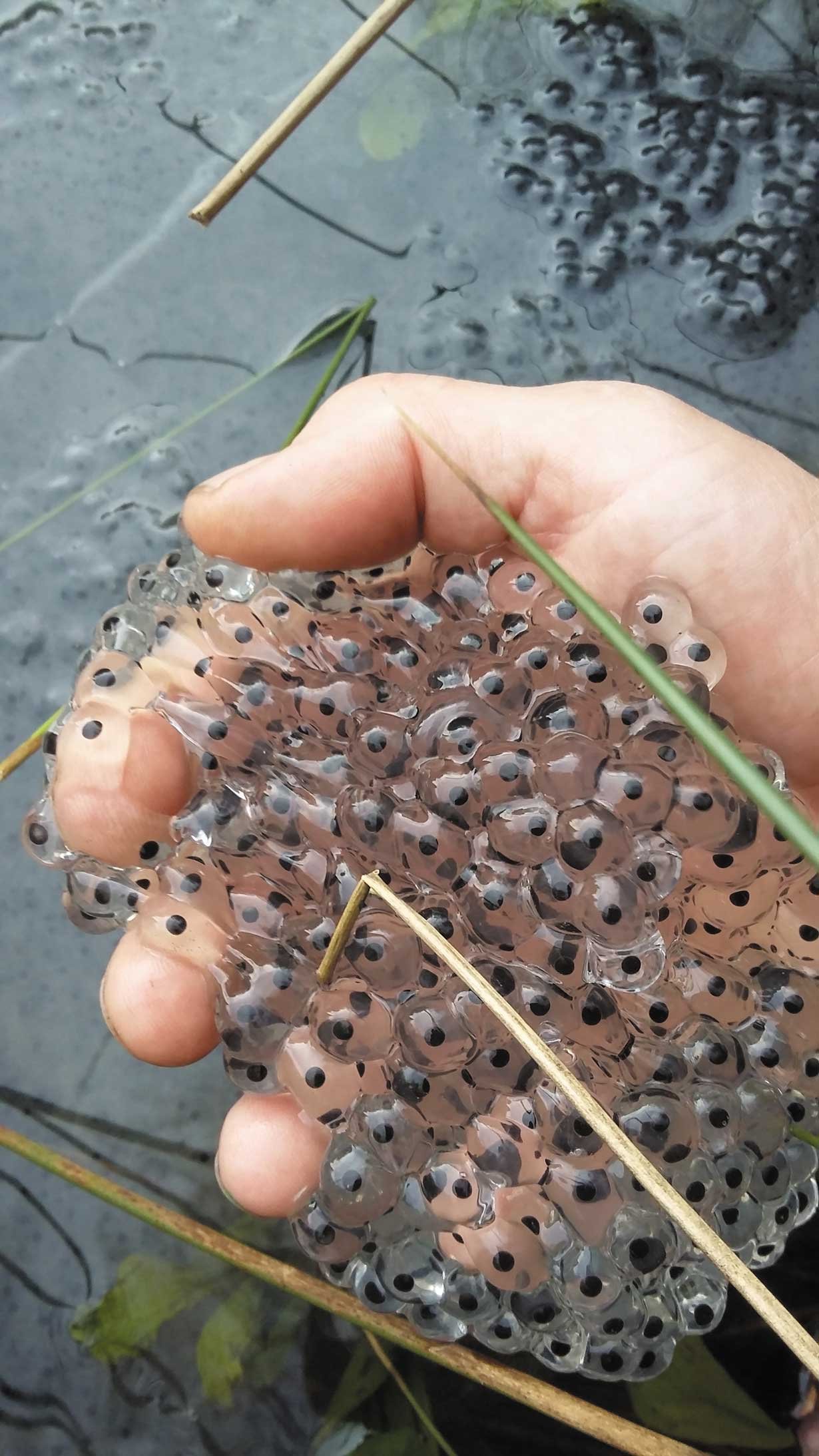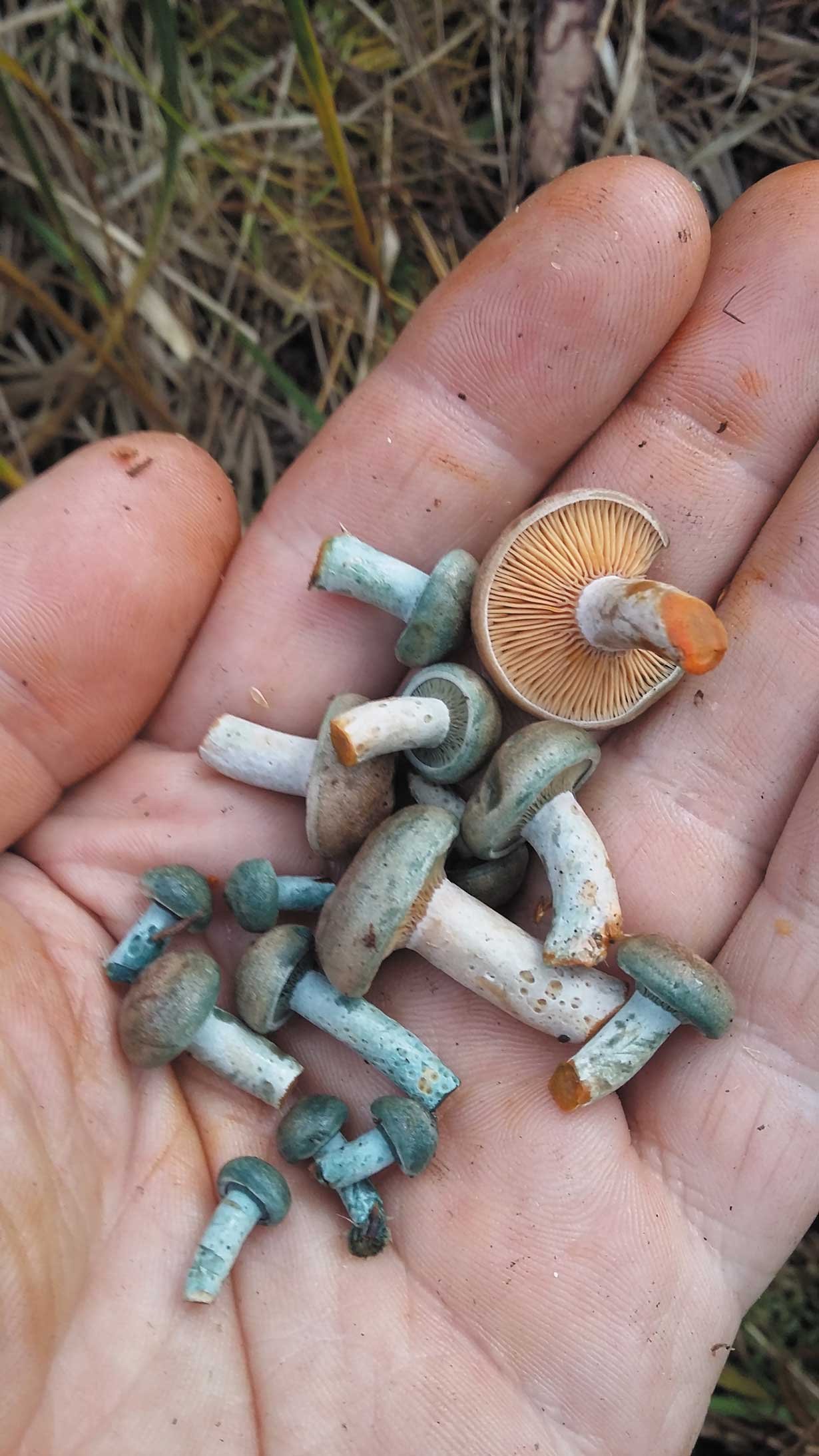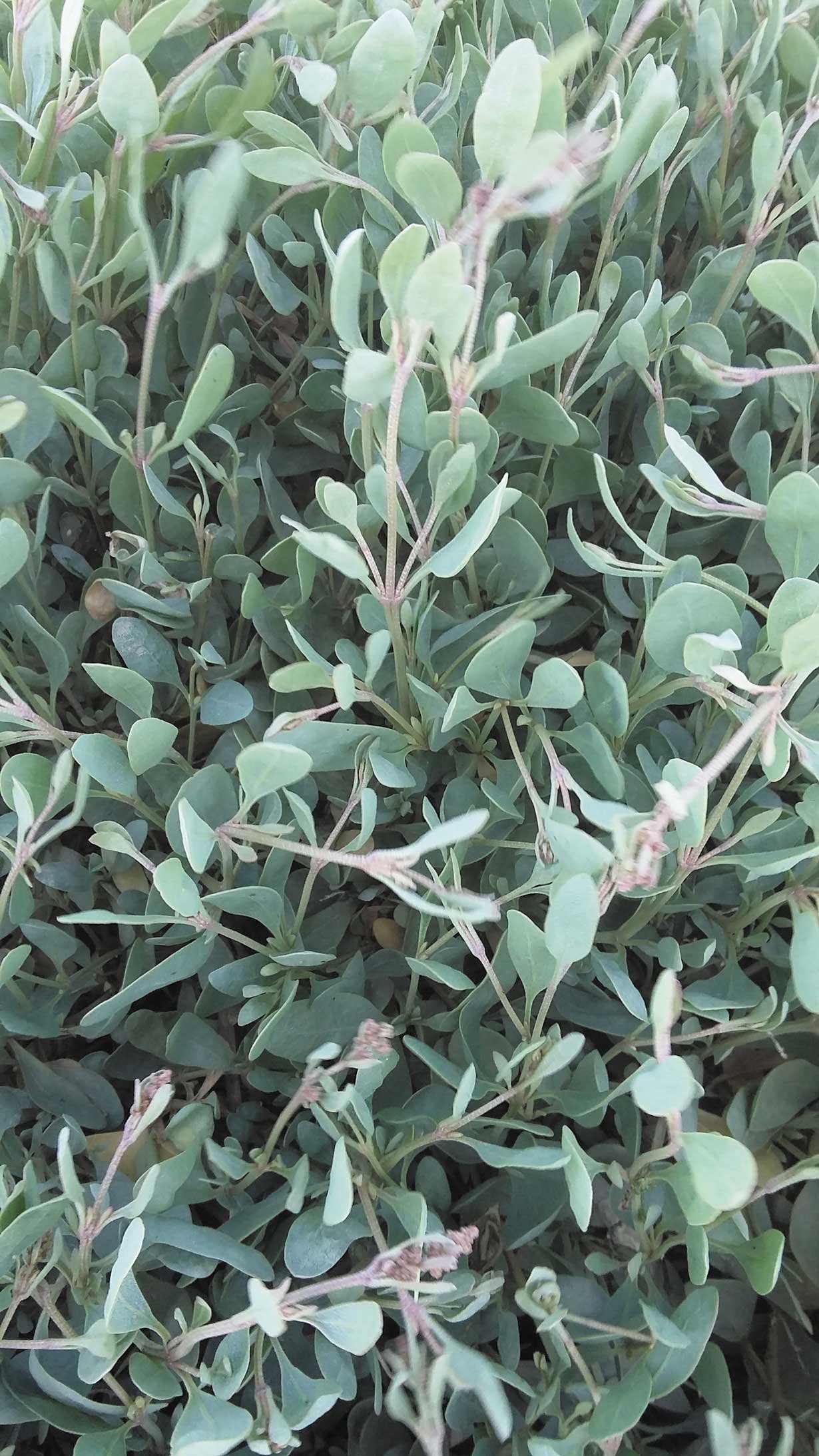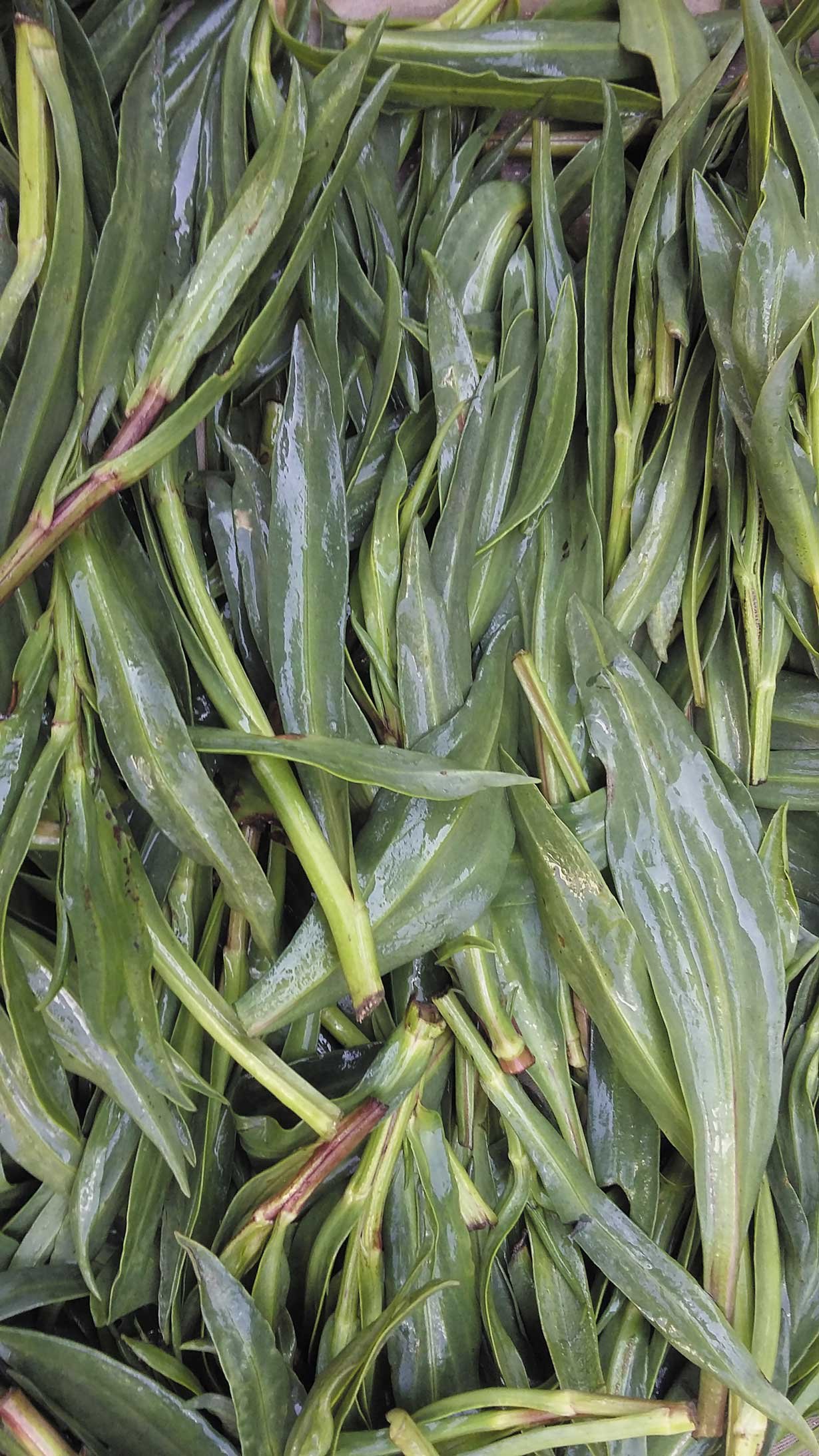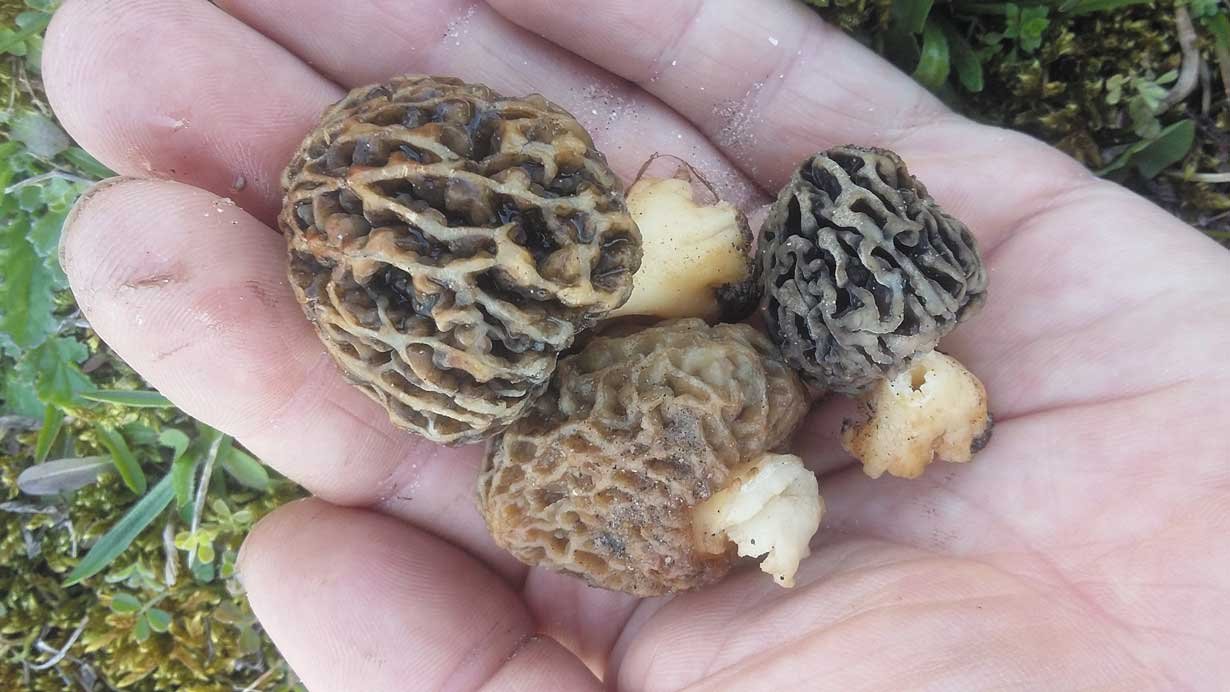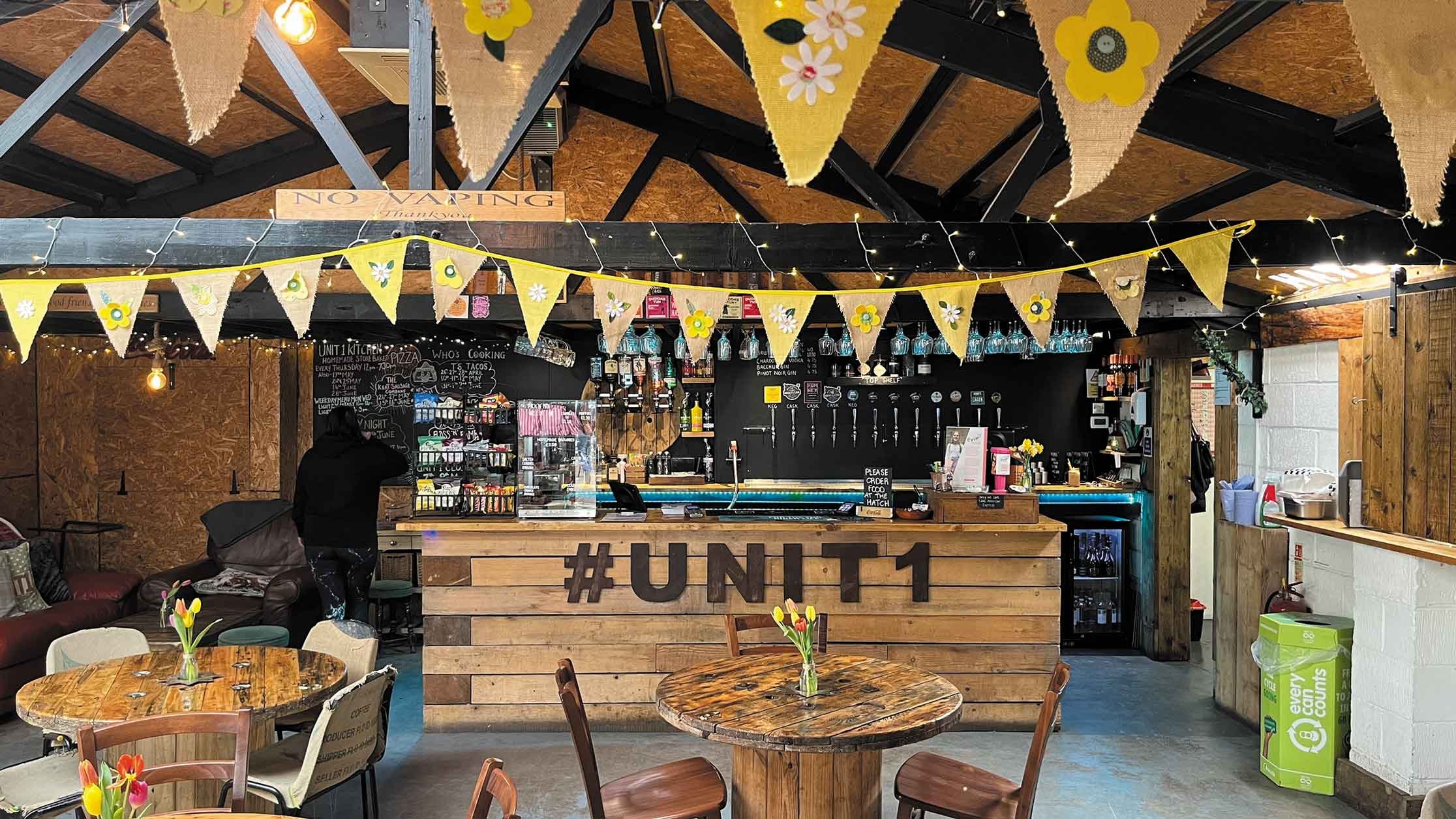Fergus the Forager on eating wild in Kent
Forager Fergus Drennan talks to us about the ever-increasing popularity of eating wild plants and why you shouldn’t turn up to an interview with roadkill
Do you know your yellow stainers from your horse mushrooms? Or your cow parsley from your hemlock? No, neither do we. But, like us, I’m guessing you’d like to know more about which wild plants can happily end up in your cooking pot, and which ones are going to make you spend more time on the pot.
When it’s stuck on the end of a menu, the phrase ‘foraged locally’ should come with some pound signs attached, while the reality TV genre is littered with khaki-clad survivalists and enthusiastic chefs picking their way into prime-time slots.
But Fergus Drennan (@fergustheforager) has got the enviable option of being able to snootily say ‘I did it before it was popular’ - not that he would because he is bloody lovely.
As a child at his home in Forest Row, a fascination with insects, particularly butterflies and moths, and what they survived on, first inflamed the imagination of a young Fergus, identifying the plants that his favourite creatures ate. His Instagram is littered with images and videos of survivalist living, including turning roadkill into meals and equipment, while his website offers guides and references on scientific identification of plants and even the laws of the land.
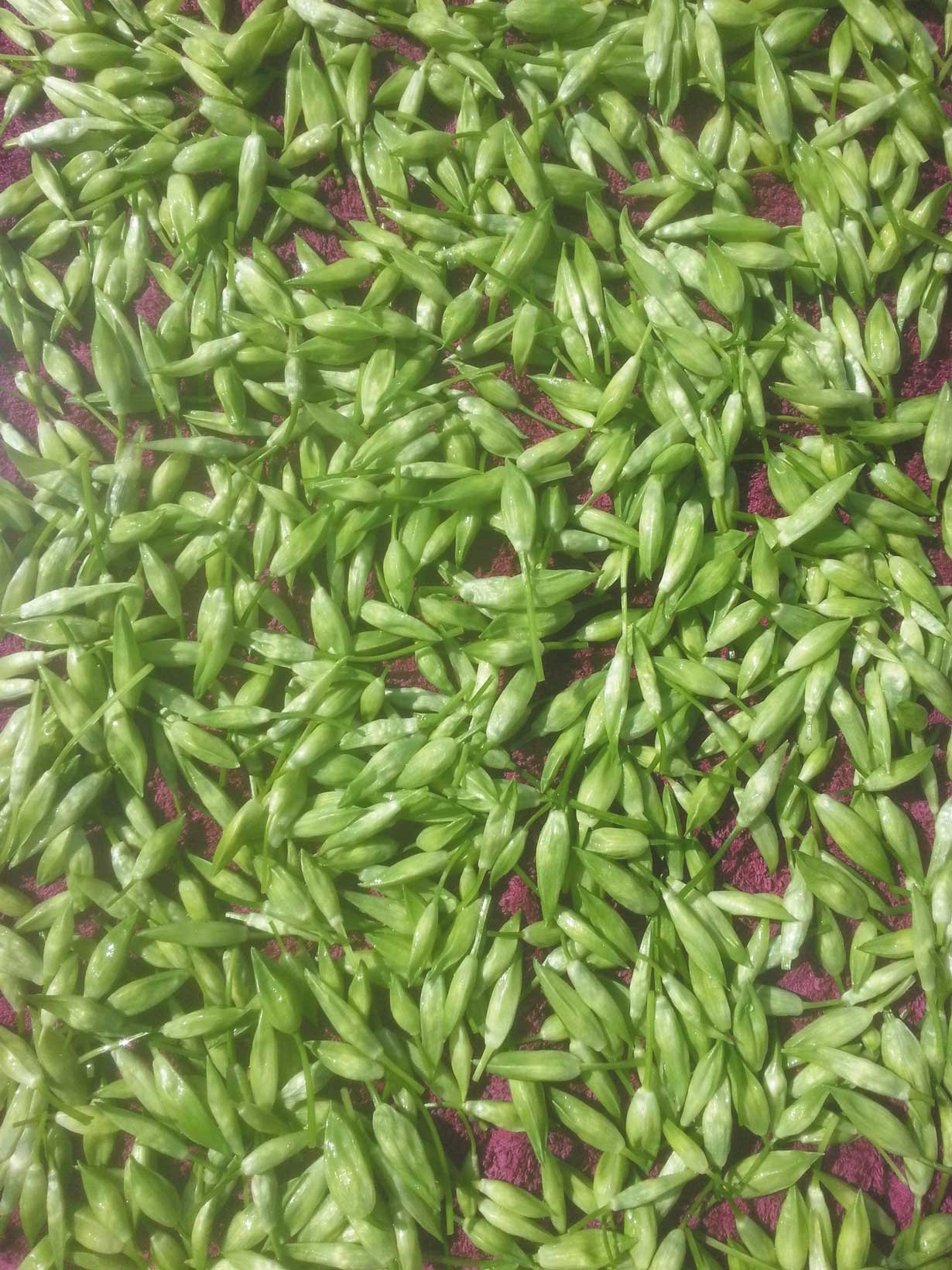
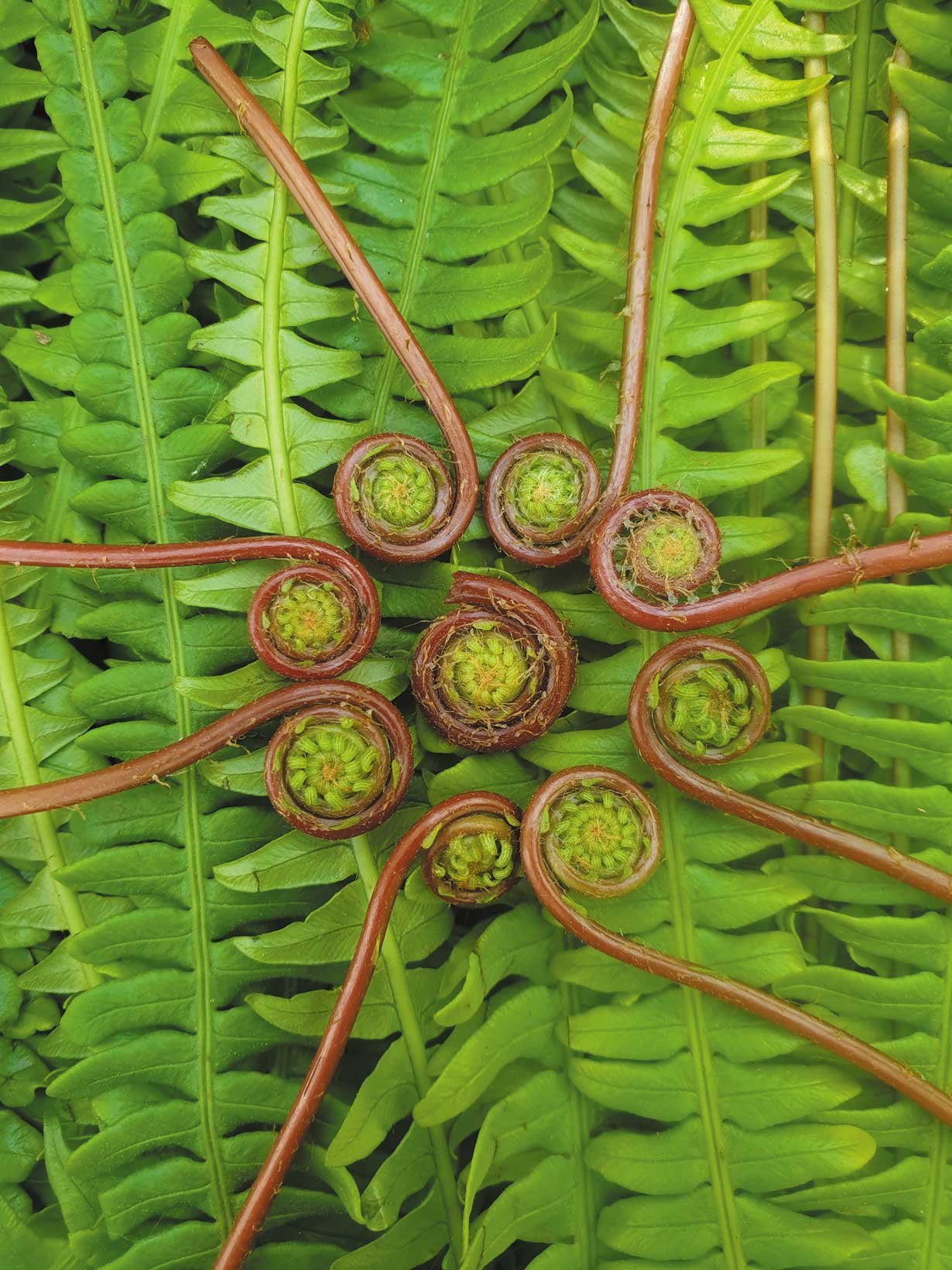
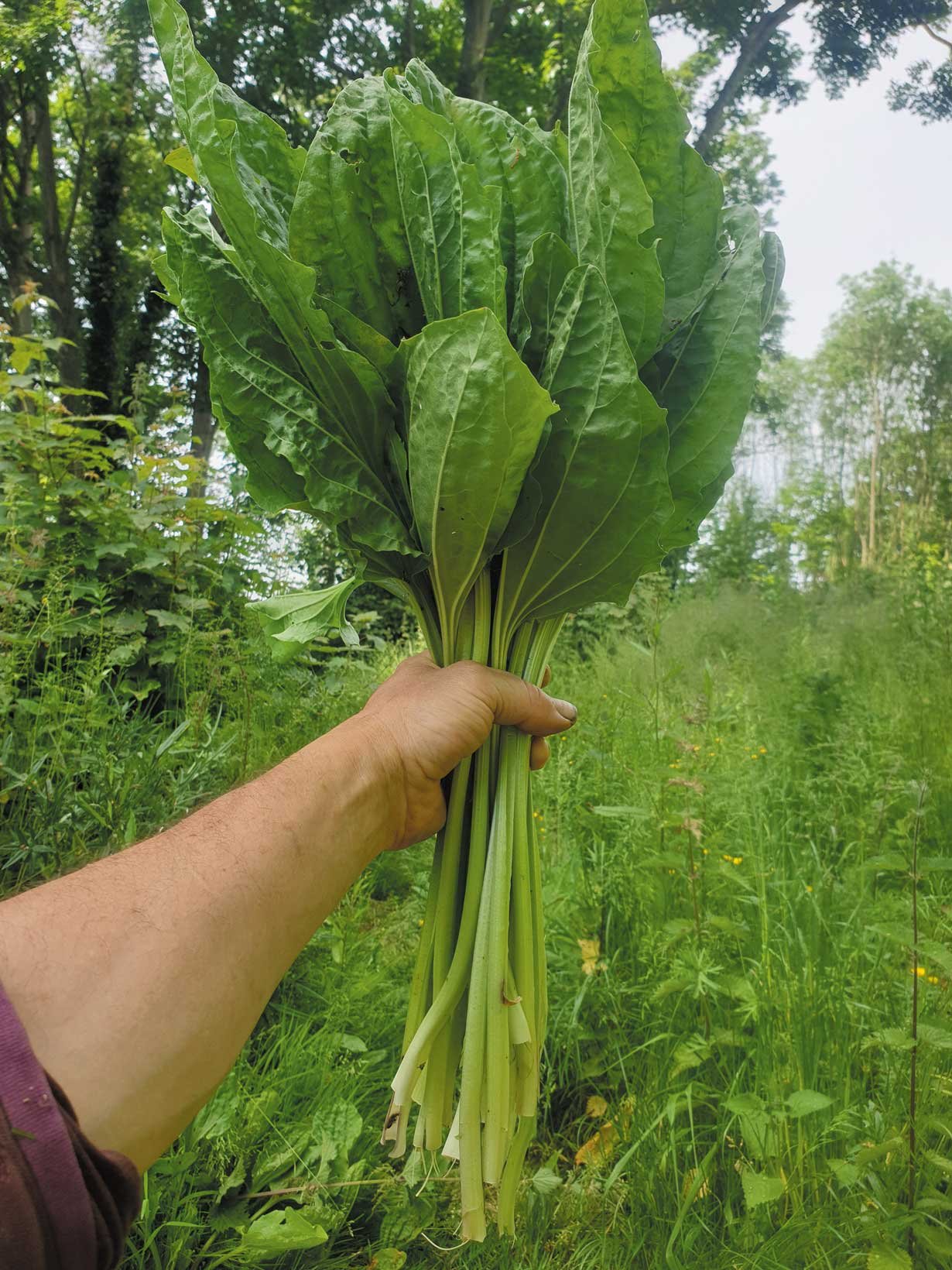
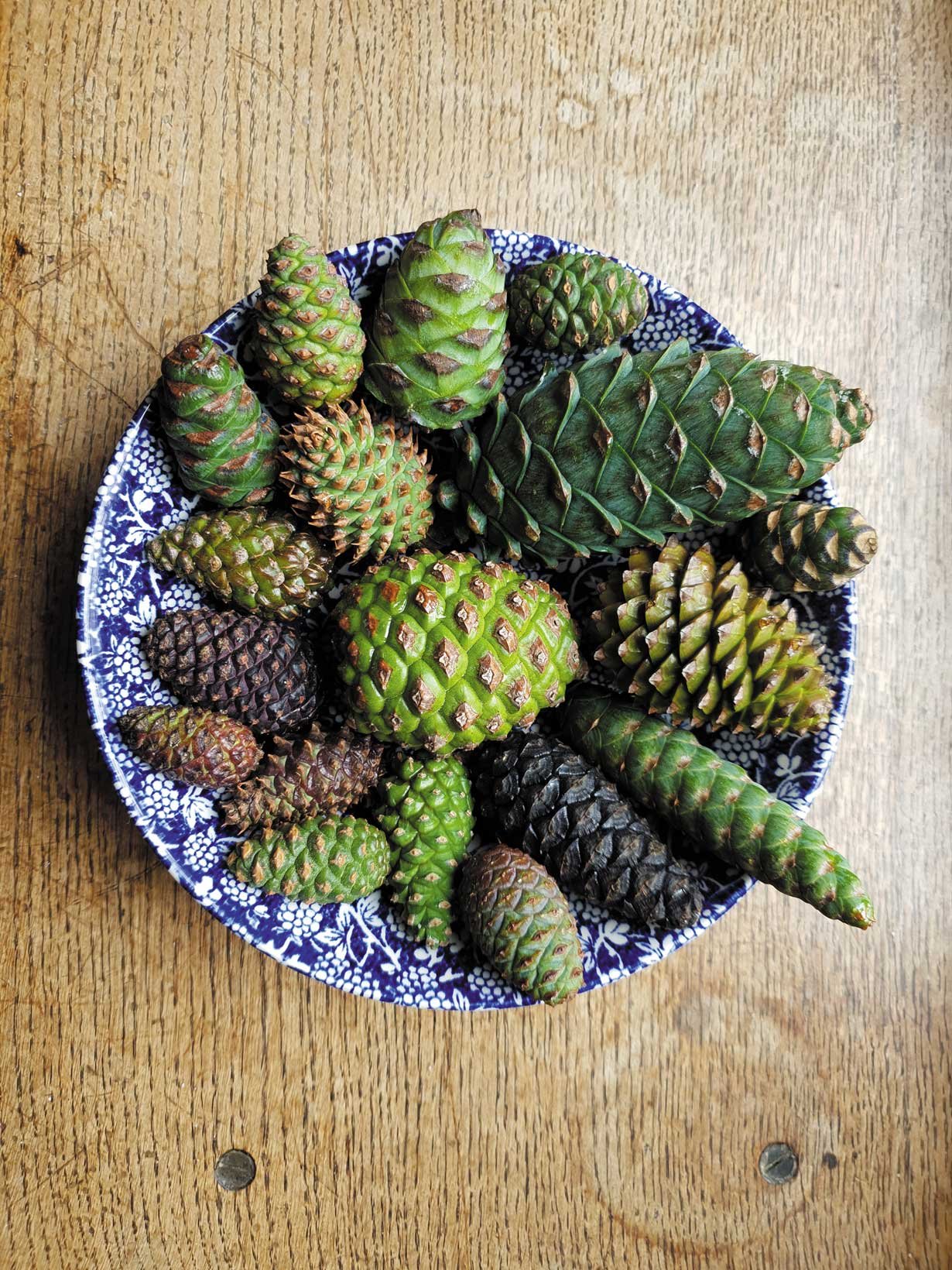
But Fergus’s entry point into the world of foraging came after training as a chef at East Kent College, leaving kitchens behind in 1991 and taking his culinary skills outdoors.
“I think that really added to my confidence to be really exploratory with my use of ingredients and flavours and textures and stuff,” he says.
From making up his first foraged dish of nettle soup, which remains a favourite, to being dubbed the Roadkill Chef by national newspapers, Fergus has carved out a career running courses around Kent and East Sussex helping interested people identify edible flora, and sometimes fauna. And never more than right now.
“It’s quite funny because I used to work with a guy called Miles Irving in Canterbury, back in 2003, and in subsequent years there was a steady rise in interest in wild food. And I would ask ‘Has it reached its peak?’. No. And then other people come on the scene, like Rene Redzepi of Noma, and then you’ve got every celebrity chef under the sun using wild ingredients. So it filters down into the general public consciousness that it’s a viable option to eat tasty, delicious, nutritious food.
“...it was a hot day and I had this fox in a bin bag and I said ‘Can I put something in your fridge?”
“Then people look around to build up their skill set, but it’s gonna take a while. And these books are OK, but maybe I need to get someone that knows. They want that reassurance that someone knows, can just say ‘Yep, that’s definitely cow parsley and not hemlock’, you know?”
But far from knowing it all, Fergus is more delighted than ever when he learns something new on one of his courses.
“It’s one of the things I love about foraging,” he says. “I had a Turkish guy on a course last year and I said a little bit about this thistle and, you know, they’re very spiny and most people don’t eat them, but you could eat the root, and he just got his knife out and started cutting away all the big leaves, just leaving this centre bit and said ‘This is a tradition where I’m from’. So yeah, I cooked them [blanched and tossed in butter]. I thought it was amazing. I get really excited about things that are undervalued that we could use, and it was just so perfect.”
A FOX IN THE FRIDGE
While Fergus now has his own YouTube video series and appears regularly on podcasts, his first (Basil) brush with the media came in the early 2000s, when an interview with a journalist from The Times ended up with a TV show with Jamie Oliver’s production company.
“That was an incredibly bizarre series of events. I was going to London to be interviewed by a journalist about wild foods and I saw this beautiful, but dead, fox in the road.
“I’ve always been interested in traditional skills, where you look to use every part of a plant… and it’s the same principle with animals. I saw this fox and I thought ‘Yeah, that’s going to be great to work with. And I got up to the house of the journalist, and it was a hot day, and I had this fox in a bin-bag and I said ‘Can I put something in your fridge?’.
“He asked ‘What is it?’ and I said ‘Oh, it’s just something I picked up’.
“He said ‘OK, but you know, I really kind of need to know what it is’. OK. It’s a fox. I was very naive of the media at the time, you know.
“Of course, the article turned out to be called ‘I’m a vegetarian but I eat roadkill’.”
Fergus was then approached by the production company and, despite numerous declines, he eventually agreed to take part in BBC Three show The Roadkill Chef.
It was pretty clear that the skills Fergus possessed were smack-bang in the zeitgeist and it wasn’t long before there was even more interest.
“I don’t know how, but things just seem to happen organically,” he says. “While I was making the show, I got a call from Chris Evans during his drivetime show and that filled my courses for about three or four years.
“Obviously if you’re running any business, self-promotion and advertising is important, but I’ve rarely kind of sorted it out just because, you know, I’m actually quite a shy, introverted kind of person.”
Rebranding himself Fergus the Forager - let’s be honest, being known as the Roadkill Chef isn’t the most pleasant title - he now leads regular courses across the county, ranging from bespoke, private short trips through to 13-hour treks keeping his skills razor-sharp as he works towards what would be his biggest-ever foraging challenge - to go a year only eating foraged food.
“It’s something I’ve wanted to do for about 10 years,” he explains. “First of all, I’ve structured it in such a way to make every month focus on a particular challenge to look at different aspects of using wild food. Like the first 10 days of a month, eating within 15-mile radius of where you live, then 10 days within five miles, and then within a mile, this kind of thing.
“Another one is foraging while you’re just on the move, I don’t know, something like walking the Welsh Coast path or something like that, because it is a whole different skill set involved.
“Suffice to say, I haven’t done it, yet. That’s because it’s a full-time commitment. You might be foraging for two hours a day or something. That’s all very well, but the processing takes ages. And then if you’re living in the world of social media and trying to document these things, and you’re photographing and you’re writing, well, that’s a full-time job.
My current plan is to work hard and build up the finances to actually be able to do that.
“I’m slowly putting things in place and really excited about that project.”
INFO: fergustheforager.co.uk


